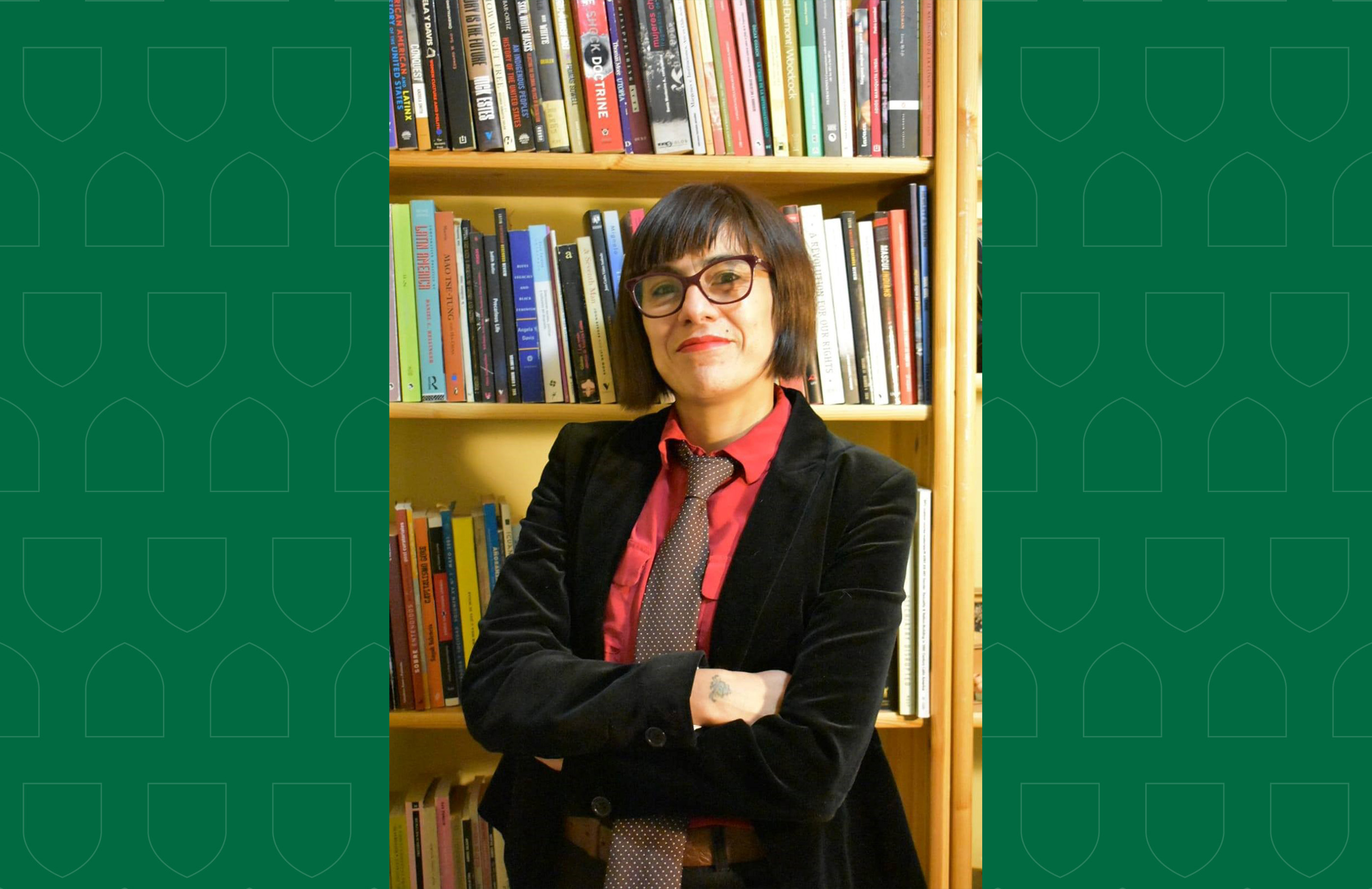
’Good Troublemaker': Manuela Valle-Castro roots out bias in medicine
Manuela Valle-Castro remembers growing up in a home where social justice was frequently part of the dinner-table conversation.
By Researchers Under the ScopeListen to all episodes of Researchers Under the Scope podcast.
Subscribe to the podcast on Spotify or Apple Podcasts
She spent the first six years of her life in exile, after her family joined thousands of Chileans fleeing Augusto Pinochet's oppressive political regime.
Upon her family's return to Chile, she watched her parents and their friends organize and push back, even when dissent could lead to jail time, torture, or death.
"It wasn't a very conventional way of growing up," said Valle-Castro, who watched her loved ones document human rights violations, and rally against injustice.
"I had a voice I wanted to use for things I felt passionate about," she said.
Valle-Castro eventually moved to Canada, where she trained as a community psychologist, completing her PhD in Gender, Race, Sexuality and Social Justice at the University of British Columbia.
"I looked up to Canada," said Valle-Castro. "But what I did not know was how much of Canada's identity has been created over a layer of colonialism that is very violent."
In 2020, she was hired as the Director of the College of Medicine's Division of Social Accountability. In medical training and biomedical research, Valle-Castro's job is to tackle and dismantle bias and unconscious discrimination.
In this episode, she discusses the 'extreme politeness' ingrained in Canadian culture, and why it often tends to oppress and silence marginalized people.
"It's not necessarily about racist slurs and impolite words," she said. "[Oppression] can come in a very benevolent and polite shape too."
She said the key to health equity is to listen, promote, and act on advice from racialized people, immigrants, those with disabilities and different lived experiences.
"Research needs to not be redundant," she said. "How many times do we need to study bad housing or bad water before those issues are addressed?"
Welcoming staff and students with diverse backgrounds and abilities is crucial, Valle-Castro said.
"I see a need for this shift all over the College of Medicine," she said, noting indigenous academic leaders in medicine have already taken the lead in changing Saskatchewan's dominant narrative.
Medical trainees, researchers and faculty all need to become more outspoken about their work, Valle-Castro said, pushing governments and decision-makers to take action.
"There's no research that happens in a void," she said. "Make those decisions transparent and have people be accountable for those decisions."
Valle-Castro said the end goal for the College of Medicine is better health for all people in Saskatchewan, not just its able-bodied white population.
"Community engagement and health equity need to be absolutely at the forefront," she said.
